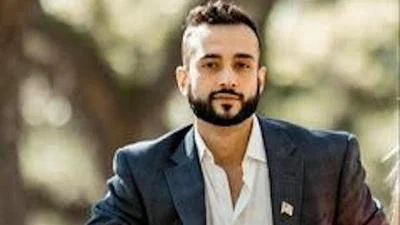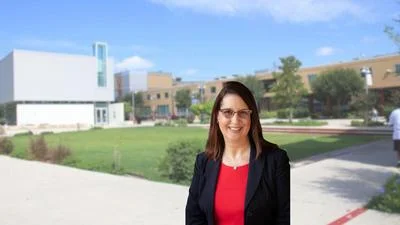The University of Texas Rio Grande Valley (UTRGV), under the UT System, has started hiring faculty and staff based upon diversity, equity and inclusion (DEI) standards. The UTRGV Office of Institutional Equity and Diversity (OIED) functions as a “neutral fact finder” that administers the university’s equity policies and services, according to the UTRGV website. This includes guidance and training, adhering to the University Affirmative Action Plan and dealing with complaints.
"By engaging in collaborative and introspective reflections on our teaching practices and values, we can explore how our pedagogies can challenge inequities in our educational context and commit to deliberate pedagogical shifts centered on inclusion, diversity and equity," according to UTRGV's DEI policy website.
The university offers free DEI training programs and workshops. The OIED webpage states: “Diversity / Inclusion training is suggested for all students, faculty, and staff at The University of Texas Rio Grande Valley. Group presentations can be made for organizations, departments, or business units on request. This training can be tailored for the individual needs of your organization, department or business unit.”
Additionally, there is “Search Committee Training” that educates on the tools UTRGV uses to recruit new staff: “Information on advertising and recruiting diverse candidates is also disseminated during the training. Those on the Search Committee are required to take this training every two years, according to the UTRGV website.
The UTRGV Faculty Recruitment Manual states that the university “is committed to building and sustaining a highly qualified and diverse faculty to pursue excellence in everything that we do, including teaching, research, and service.” The university’s goal is to find and hire diverse faculty members who adhere to the university's mission and values. The Manual states, “it is required that each Search Committee includes an Equity Diversity Advocate (EDA) who has received additional training on strategies to recruit excellent and diverse faculty and help to maintain the integrity of the Search Committee process.”
The Search Committee is charged with evaluating applications for administrative, faculty and staff positions. The Search Committee along with the required EDA must review the applicant pool and determine who has the necessary qualifications including “any other selection criteria the Search Committee has agreed upon in advance.”
According to the University of Texas System Policy webpage on hiring executive positions, the interviewer must “conduct a search process that delivers a pool for interview by the final decision maker that includes female, male and underrepresented group candidates.” Underrepresented groups include “a candidate who is a member of one or more of the following groups: Hispanic or Latino; Black or African American; Asian; Native Hawaiian or Other Pacific Islander; or American Indian or Alaska Native” according to the UT System Policy website. “Inclusive Hiring” is a priority for their universities: “Recruiting, hiring and onboarding practices help reduce turnover and ensure UT System Administration has the right talent in place to help meet its initiatives in a productive and effective way.”
According to an American Enterprise Institute (AEI) study, those in favor of implementing DEI in the process of hiring university faculty and staff are excited about the inclusiveness and open opportunities it provides especially for minority communities. Those who oppose requiring DEI in the hiring process and workplace view the tactic as adhering to what is politically correct. Critics argue there has been a flip in hiring from quality and scholarship to now purely based on a candidate’s knowledge and experience with DEI. Critics suggest DEI is becoming much more important than basic qualifications at most universities. This leads to ideological conformity where candidates are removed from the pool of applicants purely for displaying poor DEI statements or not having the correct DEI experience.
In a data collection study done by AEI, it was questioned whether the strategic diversity plans put in place by universities attain their goals. Seeing no evidence of the betterment of campus climate or research productivity, they conclude requiring DEI in the hiring process has instead a fundamentally political end.
Lone Star Standard reached out to The University of Texas Rio Grande Valley for comment on their usage of DEI policies in the hiring process but did not get a response.









